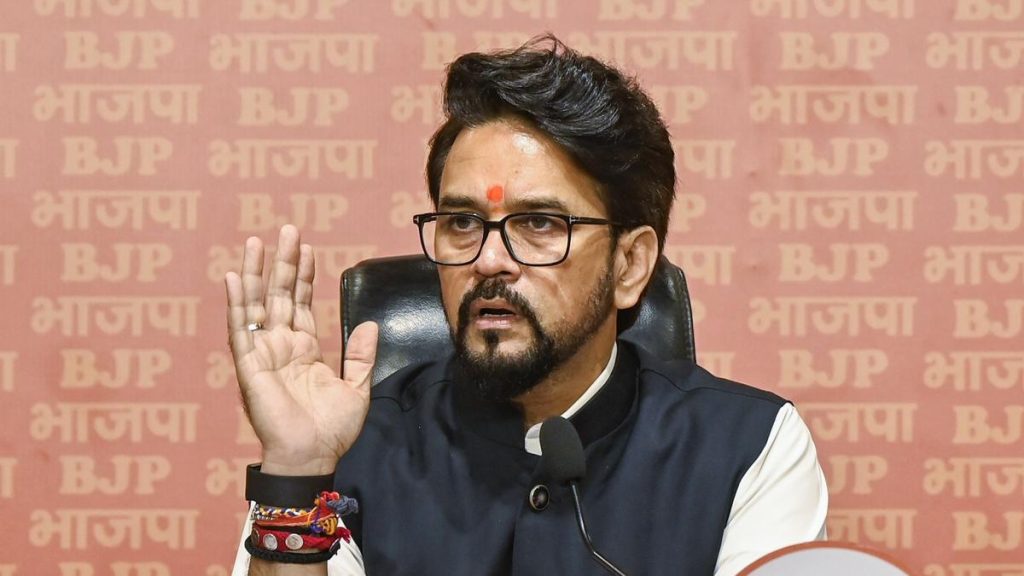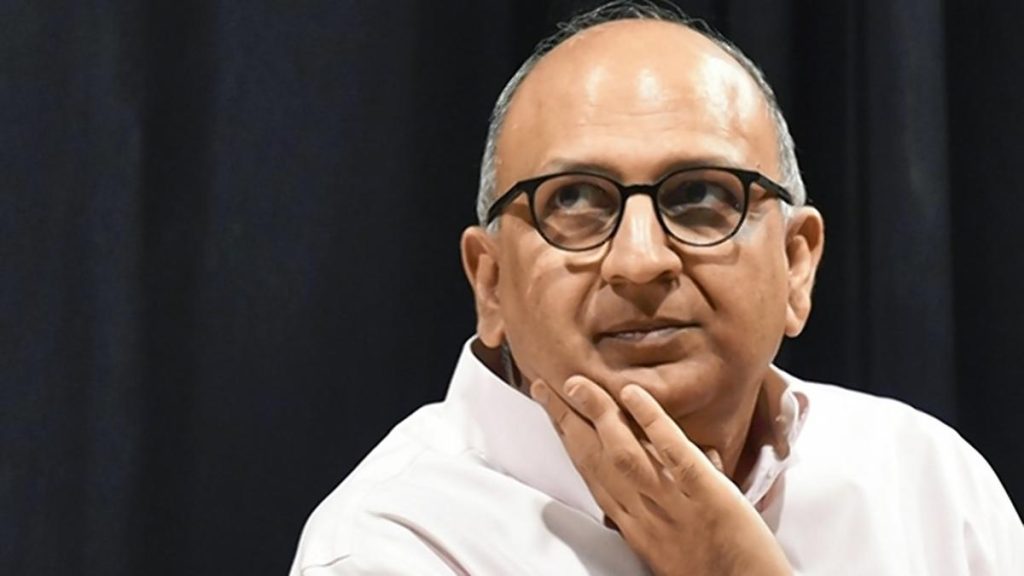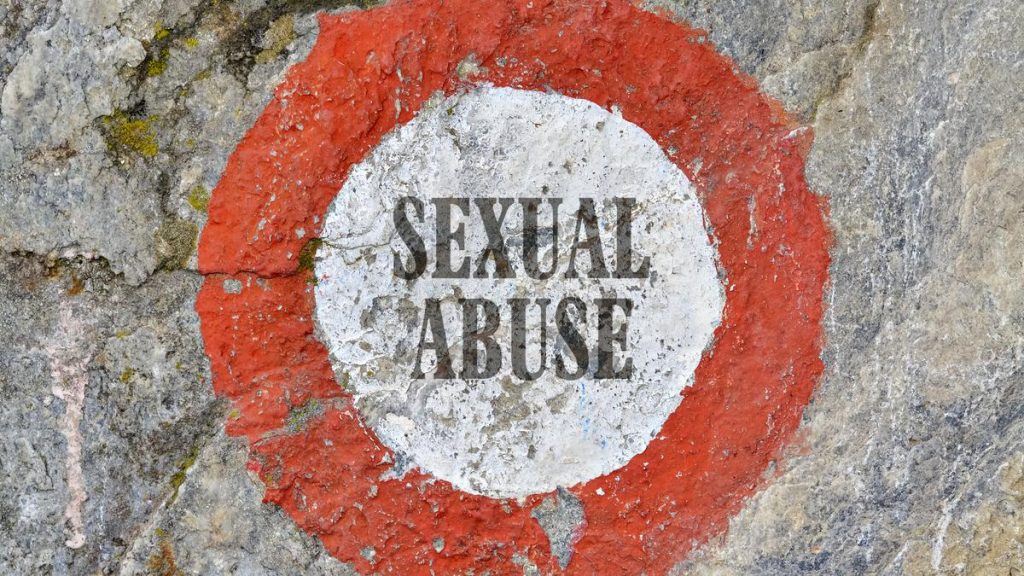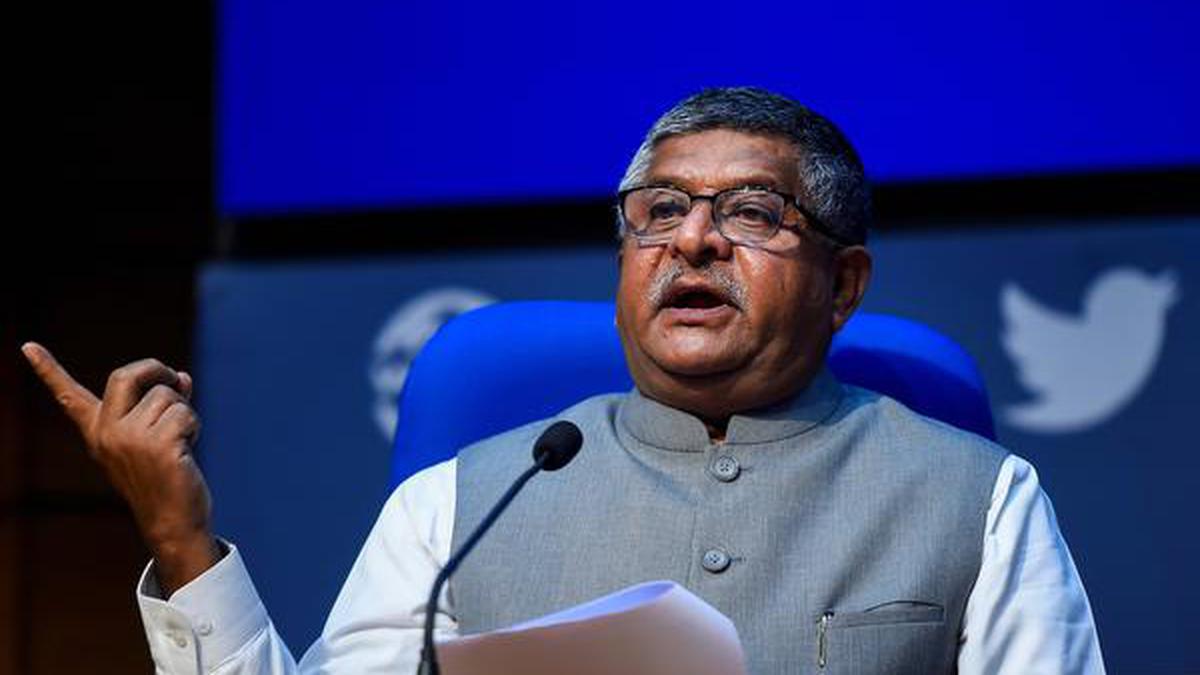Now Reading: Declining Demand Stops Kerala Private Bus Operators from Requesting Fare Hike
-
01
Declining Demand Stops Kerala Private Bus Operators from Requesting Fare Hike
Declining Demand Stops Kerala Private Bus Operators from Requesting Fare Hike

Swift Summary
- Kerala’s private bus operators are no longer seeking minimum fare revisions due to dwindling passenger patronage, not industry profitability.
- Minimum fare increased six times since 2010, rising from ₹4 to ₹10 in 2022, but average daily ridership per bus fell from 1,300 passengers in 2010 to around 600-650 today.
- The number of private buses operating dropped drastically from around 32,000 in 2010 to just 8,200 now.
- Fifty percent of passengers include students and migrant laborers; women and elderly make up the remainder. Migrants increasingly opt for alternate transport modes post-COVID.
- Bus operators reported operational costs of ₹13,000 daily per bus with revenues ranging between ₹13,000 and ₹18,000-barely breaking even under current ridership trends.
- industry leaders say further fare hikes could push remaining patrons away rather than stabilizing revenue; they currently only seek revised student fares due to financial strain.
- New government mandates requiring police clearance certificates for employees every six months have added further challenges compared to less stringent regulations for migrant workers employed elsewhere.
Indian Opinion Analysis
The struggles faced by Kerala’s private bus sector reflect broader systemic issues like diminishing public transportation reliance driven by choice mobility options post-COVID and escalating costs outweighed by low revenue generation. While maintaining neutral fares may stem passenger loss temporarily, it exposes deeper infrastructural concerns about declining regional connectivity-impacting students’ access and creating hurdles for economically weaker sections relying on affordable transport systems.The high costs coupled with stringent employee oversight measures signal a need for targeted government intervention or subsidies aimed at preserving the workforce-dependent industry while addressing inequities compared with other sectors employing migrant laborers under differing regulations.
Efforts focused on prioritizing subsidized student travel could offer some relief but must align with wider policies promoting enduring public transit systems through innovation or partnerships without neglecting local societal needs.
Read more:
























